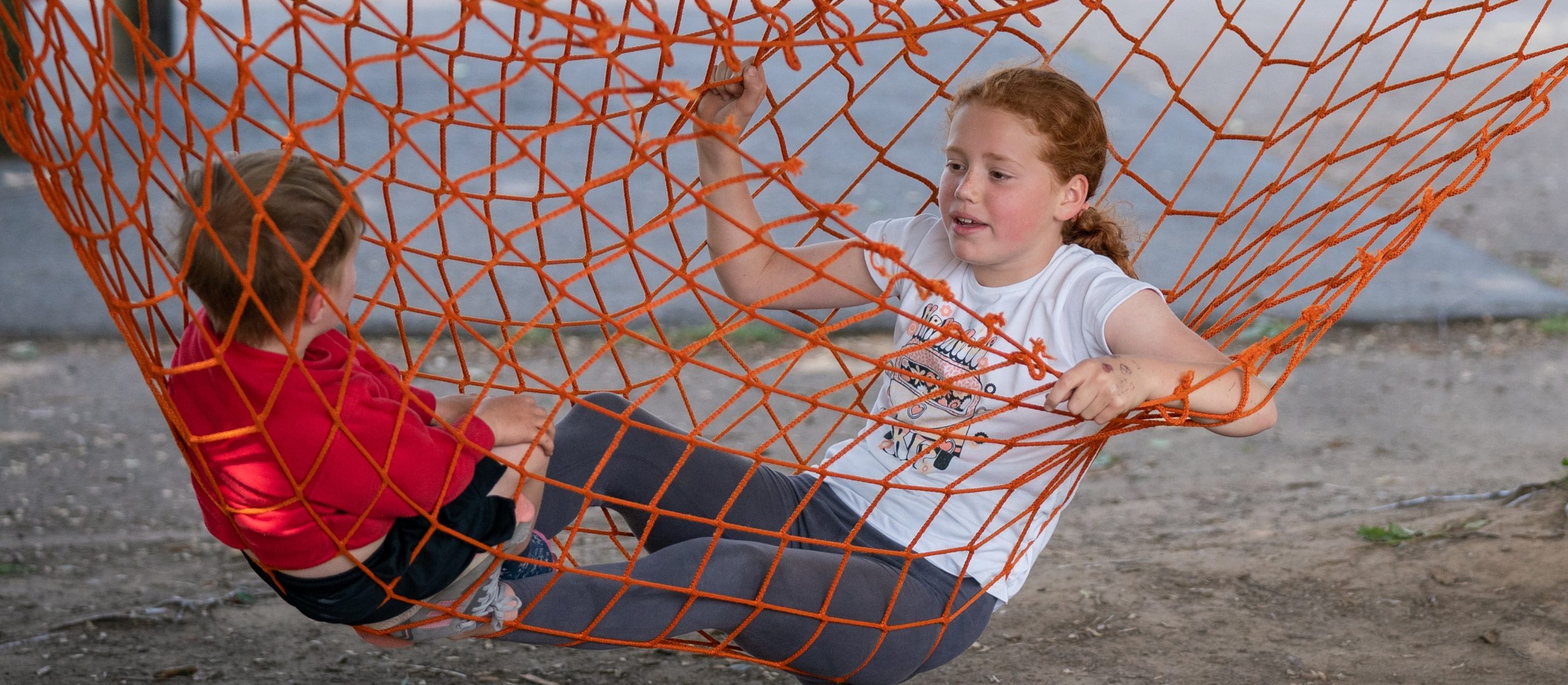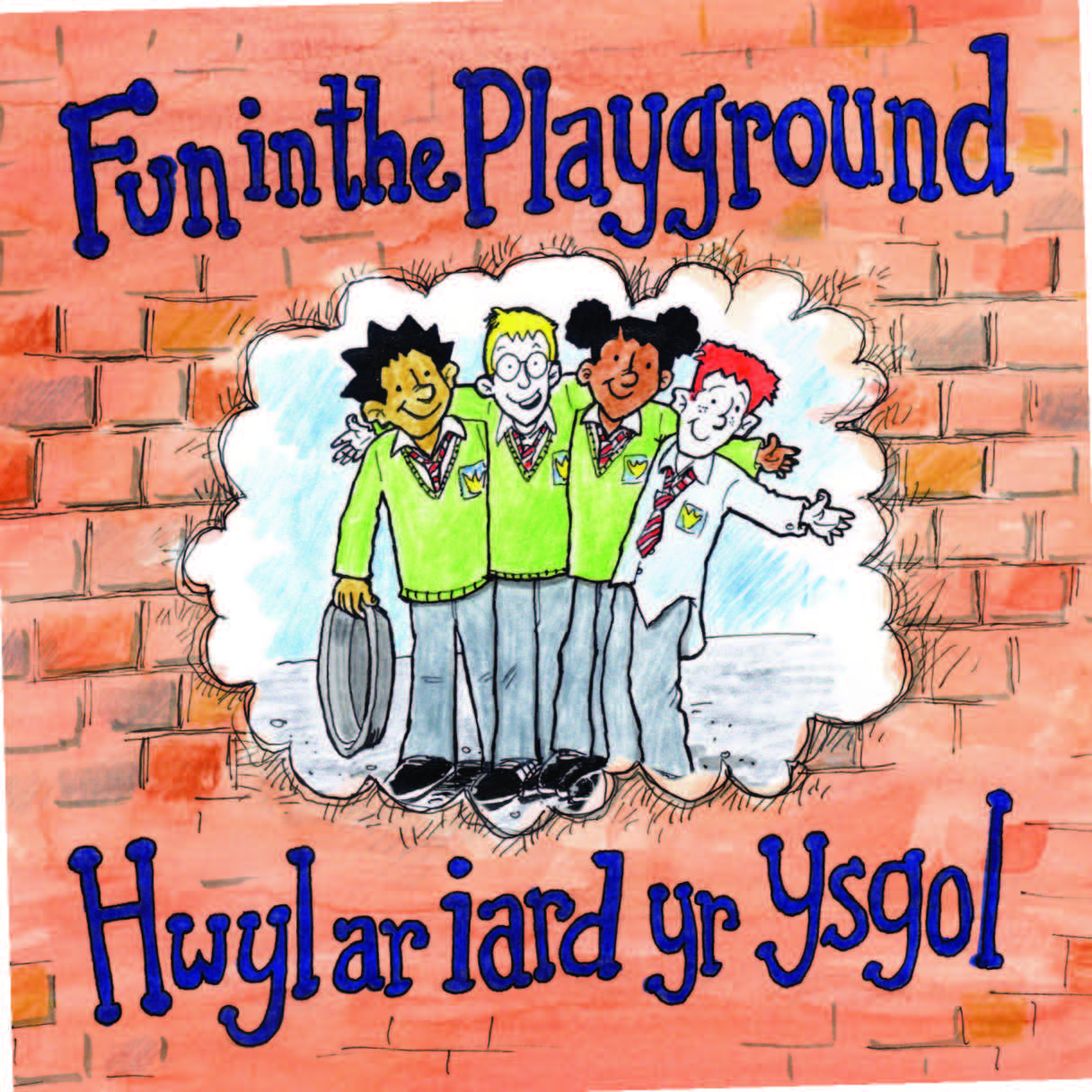Open access holiday playschemes
The benefits of play are well-known. Playing helps children develop communication skills, creativity and self-esteem. It helps children challenge themselves, keep fit and make sense of difficult things. But, most of all, playing is fun!
There are lots of ways you can make sure your child has lots of opportunities to play, including making use of open access holiday playschemes in your neighbourhood. In this blog, we take a look at what this provision is and explore the role of the playworkers who run it.
What are open access holiday playschemes?
“What she really likes about open access play is just the choice. So she's not going along and being told to sit down or do this or do that. She can just do what she wants with minimal supervision, so she can just get to know people, enjoy herself and have fun.” Jenny, parent
Open access holiday playschemes are usually operated by local councils or community groups. They are free or low-cost, staffed by playworkers and take place in locations like community centres, parks and other open spaces. Although these playschemes are referred to as ‘open access’, parents are still responsible for getting children to and from them – but if you are happy for your child to come and go on their own, that’s normally okay too.
At the sessions, children are supported to play however they want, with limited adult intervention. When children have this kind of freedom to play, they not only have fun, but they also experience a whole range of other benefits – like being more physically active and learning new skills. The video below highlights the key aspects of open access holiday playschemes.
Holiday playschemes near you
To find open access holiday playschemes in your neighbourhood, visit your local Family Information Service website.
The role of playworkers
“I'm always willing to let children explore and experiment, and I try not to say no. I try and say ‘why don't we?’ instead.” Glyn, playworker
Open access holiday playschemes are staffed by skilled playworkers, who supervise children and support them so they can choose what they play and who they play with. Understanding how to support children’s play is the most important task for a playworker.
Playwork is a recognised occupation with a set of professional standards, training, qualifications and careers. It is different to many other professions involving work with children where the focus may be on learning, physical activity or the arts, for example. Playwork can be a full-time career or something that fits alongside study or other work. A set of guidelines called The Playwork Principles define what is unique about playwork and give a shared understanding of what playworkers do.
The video below explores what it takes to be a playworker.
Playwork training and job opportunities
Find more information about playwork training and qualifications and explore current playwork sector job opportunities on the Play Wales website.











